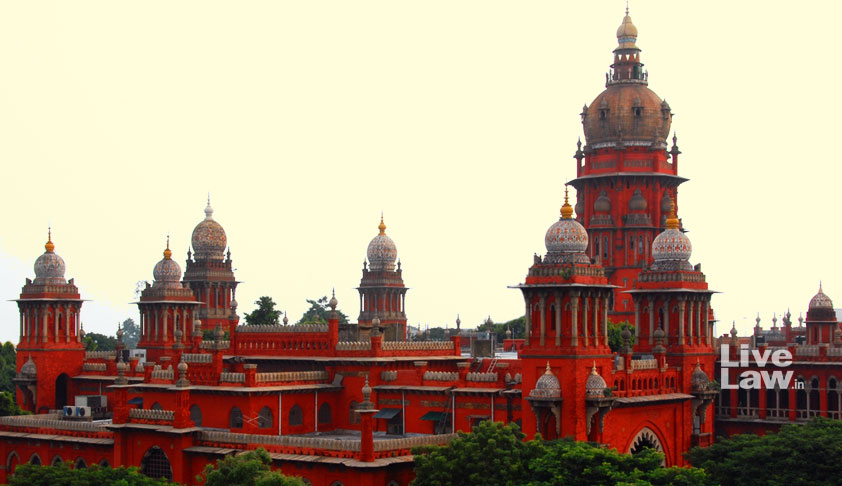Next Story
31 July 2017 9:23 AM IST
Madras High Court recently refused to create additional seats for open category in Tamil Nadu Dr. Ambedkar Law University, and rejected a Petition filed by a student who had missed out on an opportunity to secure admissions due to a higher percentage of seats being reserved for different categories.The Court was hearing a Petition filed by one Ms. S. Aishwarya, who had contended that she...

